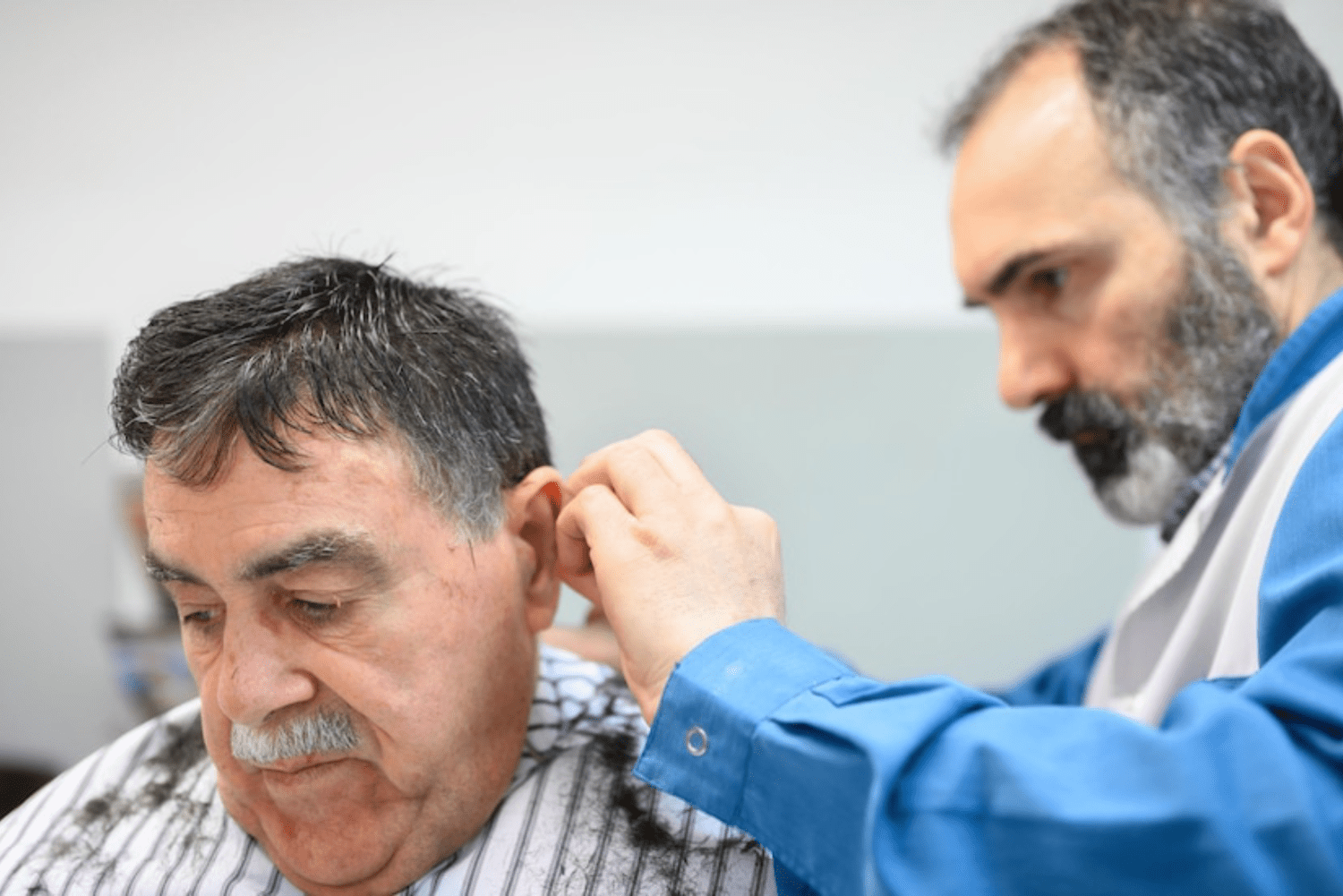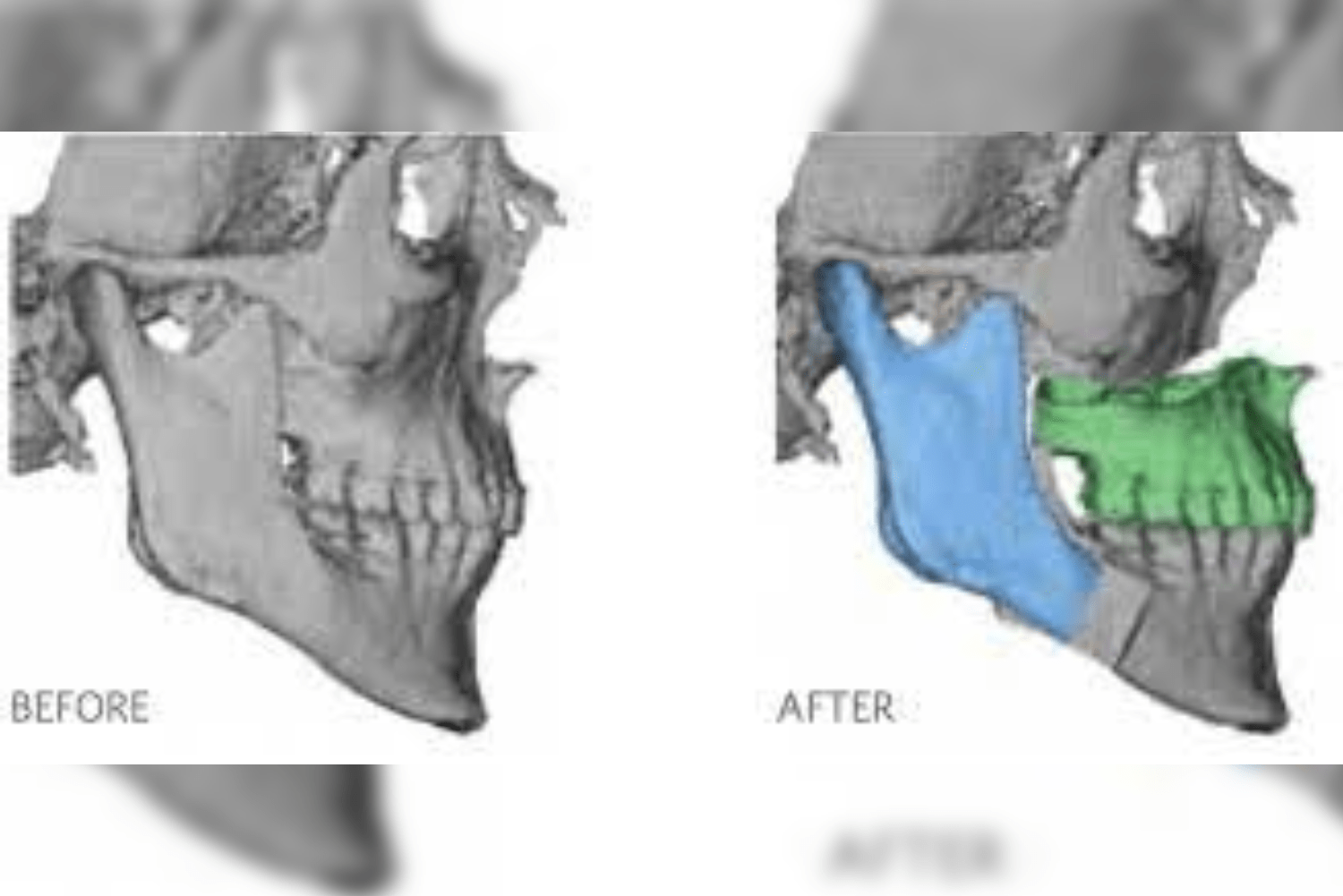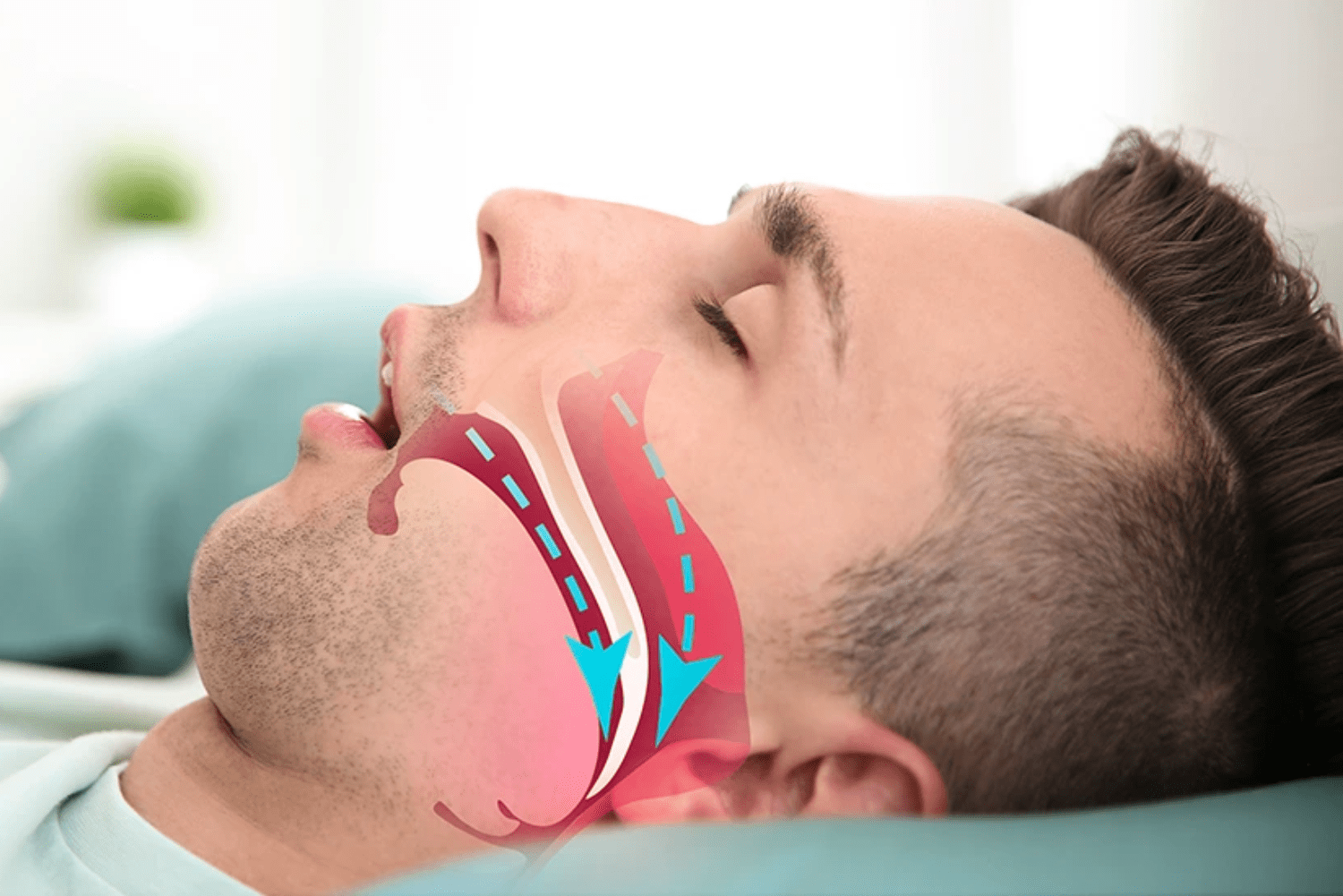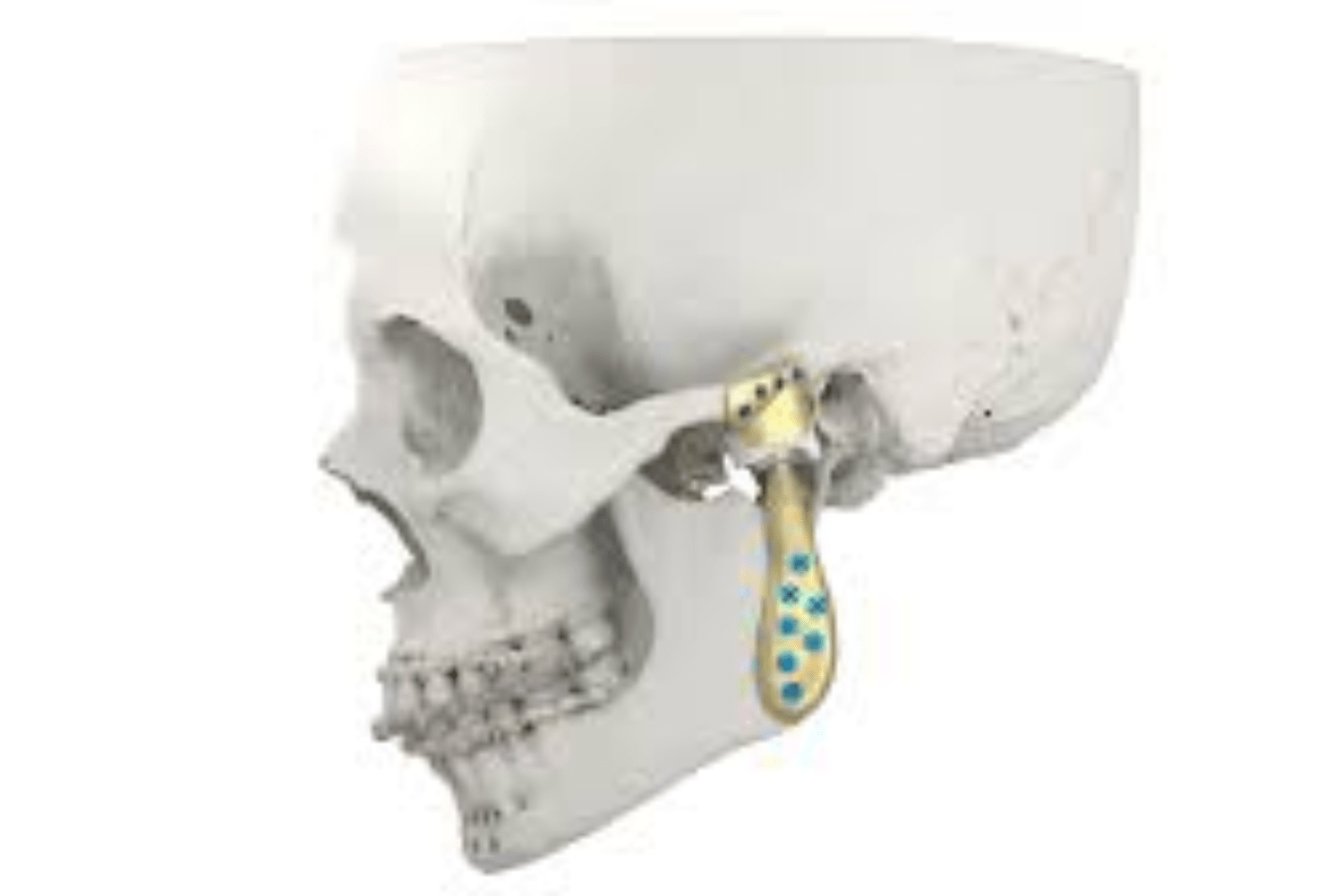Hearing Aids Treatment: What Is A Stapedotomy?
It is the surgery that treats hearing loss or hearing impairment by removing a dysfunctional small piece of bone known as the stapes, also referred to as the stirrup, and replacing it with a small piston in the ear. This condition is known as Otosclerosis, in which there is abnormal bone remodelling that causes the stapes bone to become unable to vibrate normally and in turn impairing hearing. In some cases, patients may also be advised hearing aids treatment as an alternative or supportive option. This occurs because the stapes bone becomes abnormally fused to the surrounding structures, hindering its vibration.
What Causes Otosclerosis?
The exact cause of Otosclerosis, though it is unclear, multiple factors such as hereditary factors, pregnancy, childhood measles infection, immune disorders, ethnicity play a role.
What Are The Symptoms?
The symptoms include
- Unable to hear low-pitched sounds and or whispers
- Tinnitus (ringing/roaring/buzzing sensation in the ears)
- Giddiness and balance problems
- However, the patient can hear better when there is a lot of background noise (paracusis willisii)
- A person whom you might have observed to have a very soft-spoken voice but cannot hear when others speak softly
In such cases, depending on the severity, surgery or hearing aids treatment may be recommended to restore better hearing ability and improve quality of life.
IS STAPEDOTOMY A PERMANENT CURE?
Yes, the surgery provides permanent improvement in hearing. The surgery involves removing the abnormal, dysfunctional bone and replacing it with a small prosthesis made of Teflon/Nitinol/Titanium (varies from patient to patient and availability). This piston now acts in the place of the stirrup and vibrates, permitting sound waves to reach the inner ear and restore hearing. In some cases where surgery may not be immediately preferred, hearing aids treatment can also help improve hearing function effectively.
WHAT ARE THE PRELIMINARY TESTS REQUIRED?
Firstly, the patient is assessed by an Otorhinolaryngologist (ENT), who performs a thorough ear, nose, and throat examination to check for any acute or chronic ear infections by examining the eardrum.
Every patient with hearing impairment is advised to undergo audiometry tests such as Pure Tone Audiometry (PTA) and Impedance Audiometry to assess preoperative hearing levels and to estimate the improvement expected after surgery.
In some cases, patients may also be recommended imaging tests like a CT scan to diagnose otosclerosis. While surgery is often the permanent solution, hearing aids treatment is sometimes suggested as an alternative for those who cannot or do not wish to undergo surgery.
Even before surgery, hearing aids treatment may be prescribed to help patients manage their hearing loss temporarily until the condition is addressed surgically.
HOW IS THE SURGERY PERFORMED? IS IT PAINFUL?
The surgery is generally done under local anesthesia, and the improvement in hearing can often be appreciated immediately by the patient in the operating theatre. It is a day-care procedure, and the patient is discharged on the same day. The surgery involves no to very minimal pain. In certain cases where surgery may not be suitable, hearing aids treatment can be considered as an alternative option.
HOW IS THE RECOVERY LIKE?
The patient may have mild giddiness or tinnitus for a few hours to a few days immediately following surgery. However, with adequate rest and follow-up care, patients can usually resume work within a week. In some cases, when surgery is not an option, hearing aids treatment may be recommended to improve hearing.
RISKS VS BENEFIT
The surgery is aimed at providing a permanent cure for hearing loss and improving hearing. Stapedotomy carries very minimal risks, such as temporary dizziness, tinnitus, or a slight reduction in taste sensation for a few days, which usually subsides over time. In cases where surgery is not suitable, hearing aids treatment can be considered as an alternative to restore auditory function.
AT RICHARDSONS FACE HOSPITAL ..
At RICHARDSONS FACE HOSPITAL, we have an expert team of ENT Surgeons and Audiologists who provide utmost care and precise diagnosis. The surgery, being performed completely endoscopically, offers a scarless procedure, quick recovery, and a permanent solution to improve your hearing. Say “yes” to permanent effortless hearing and “no” to hearing aids treatment. To know if you are the right candidate, kindly consult our expert team of doctors.











